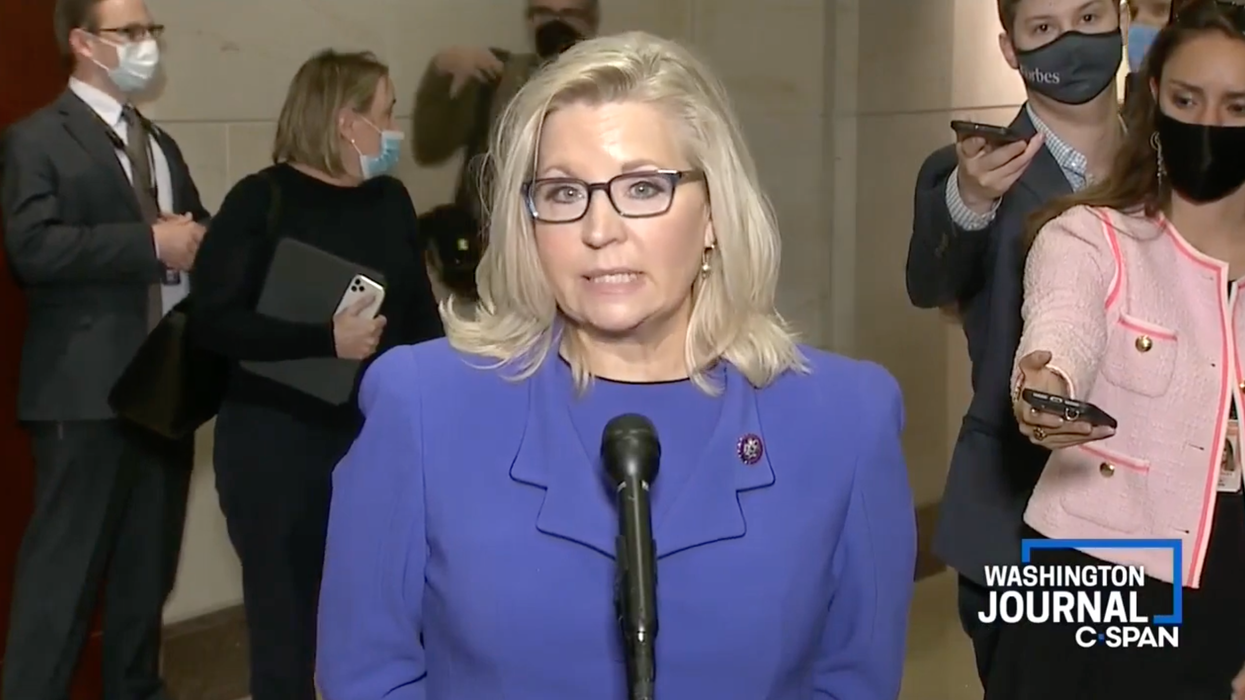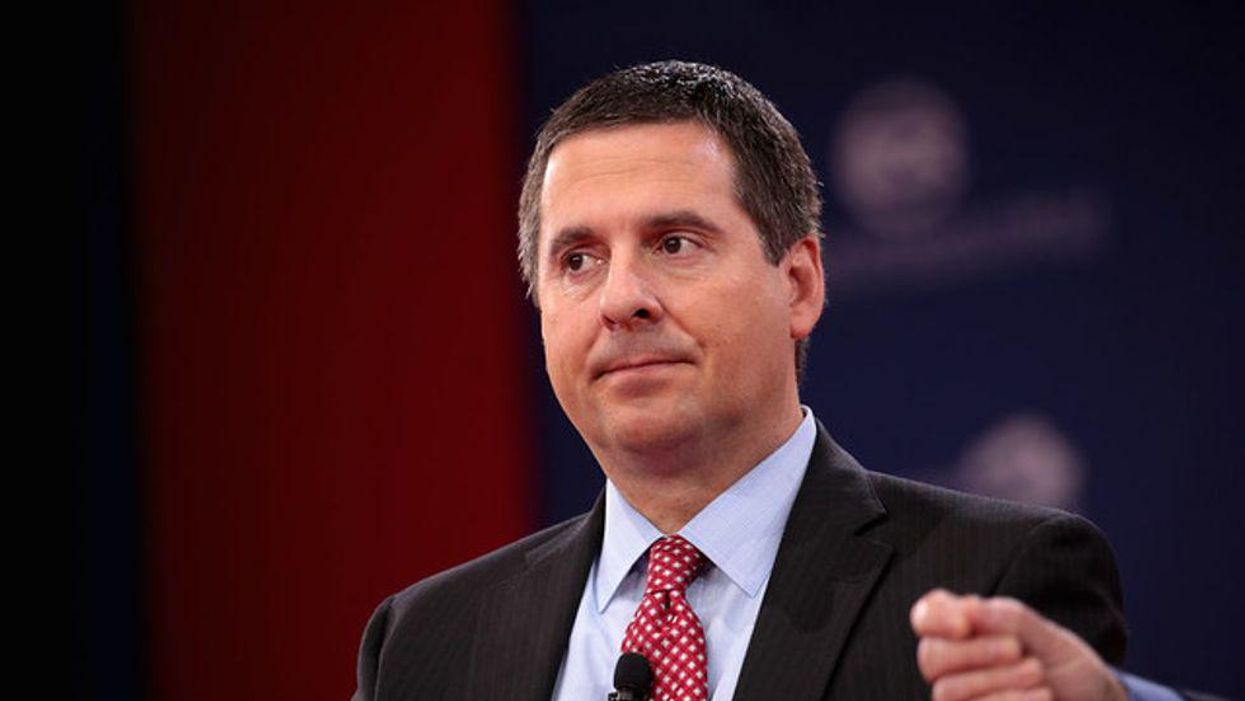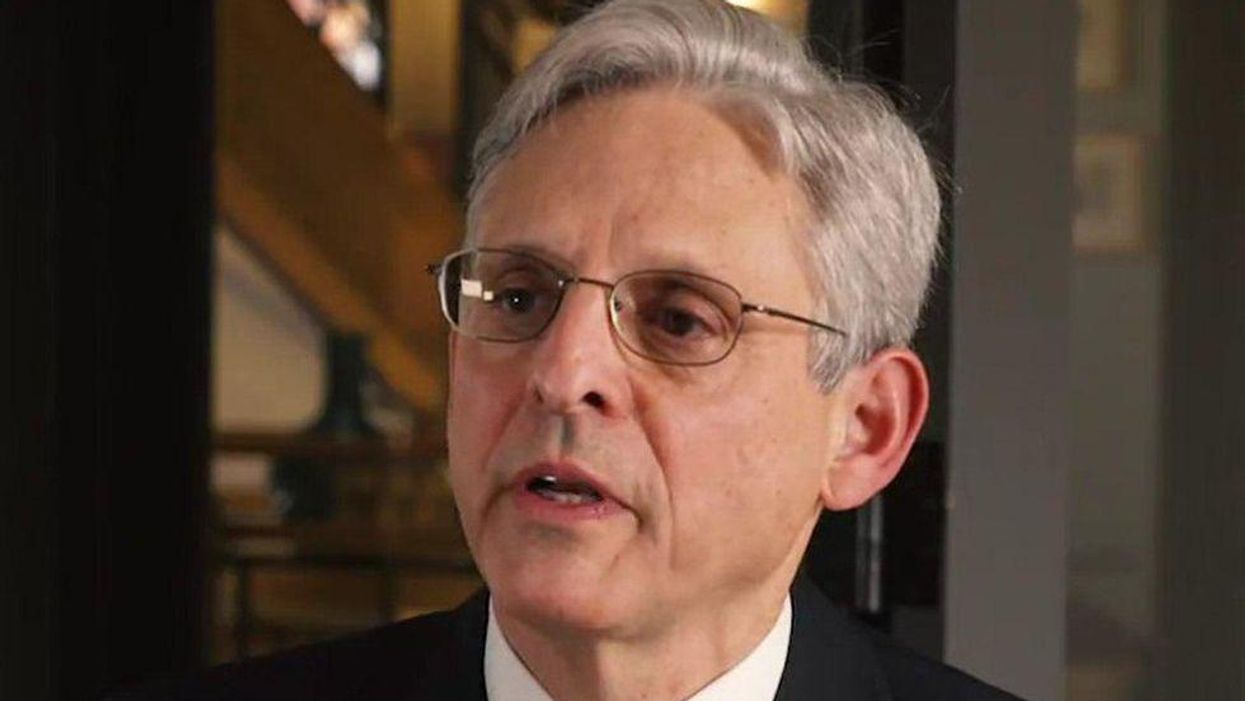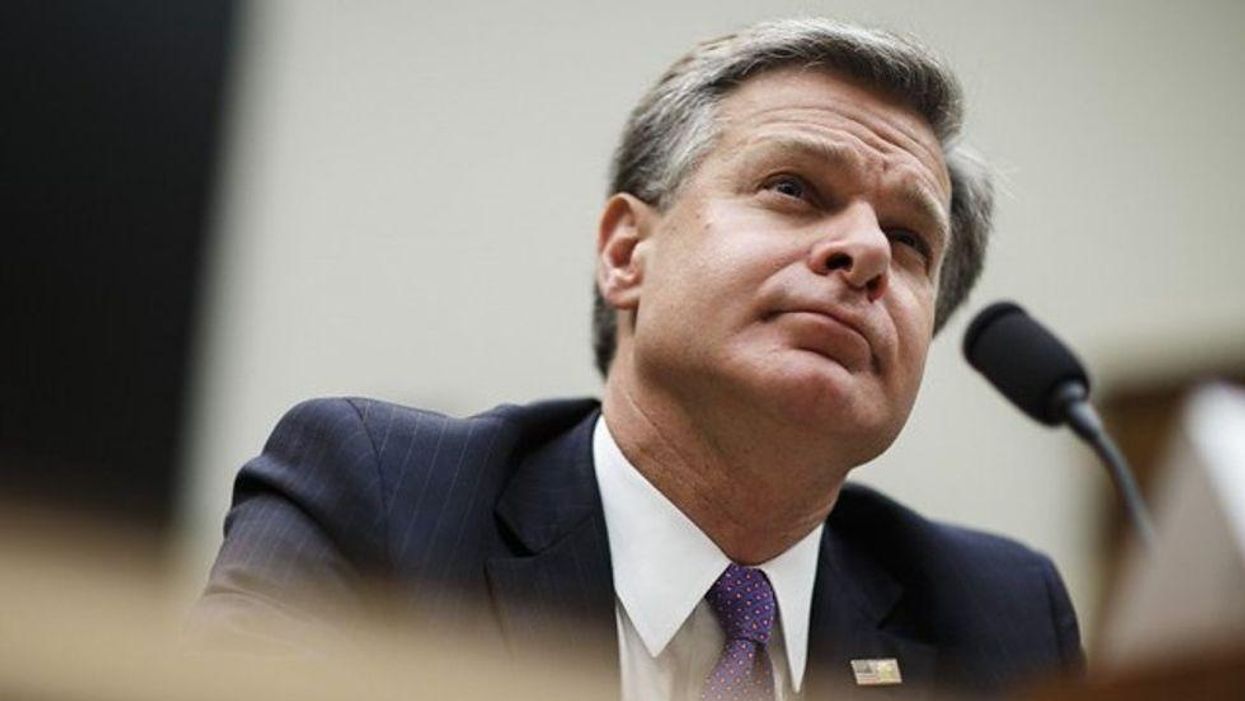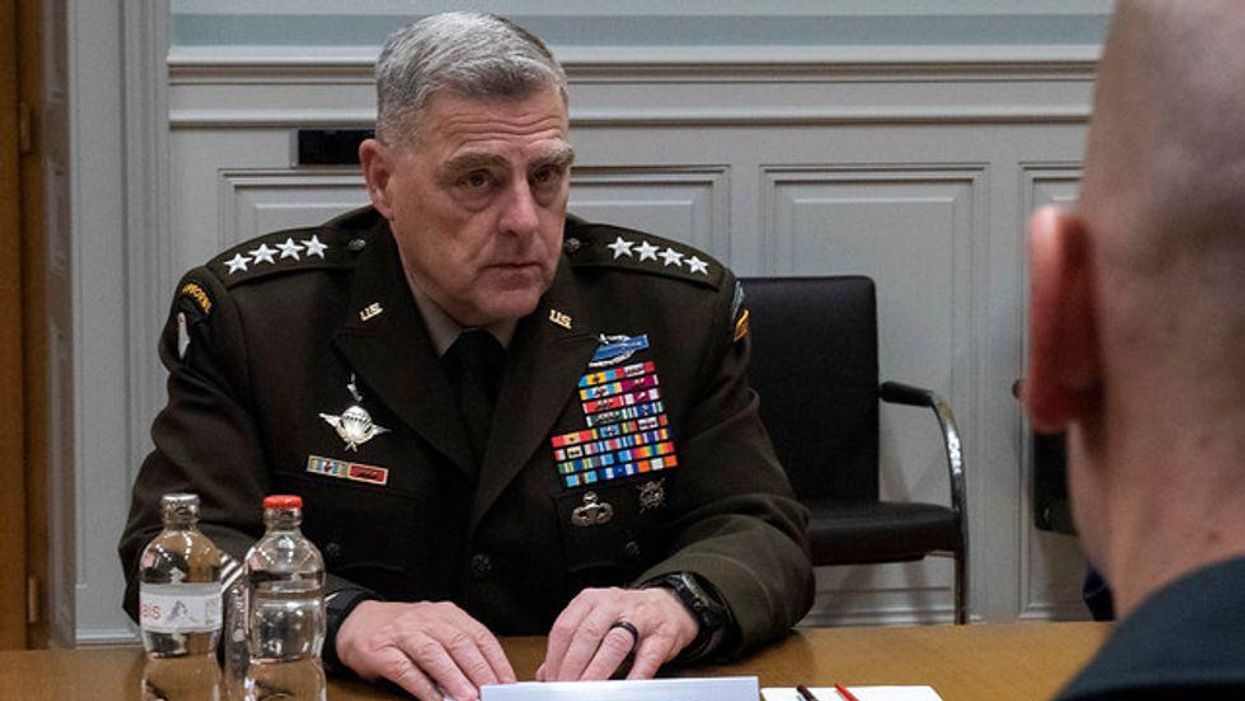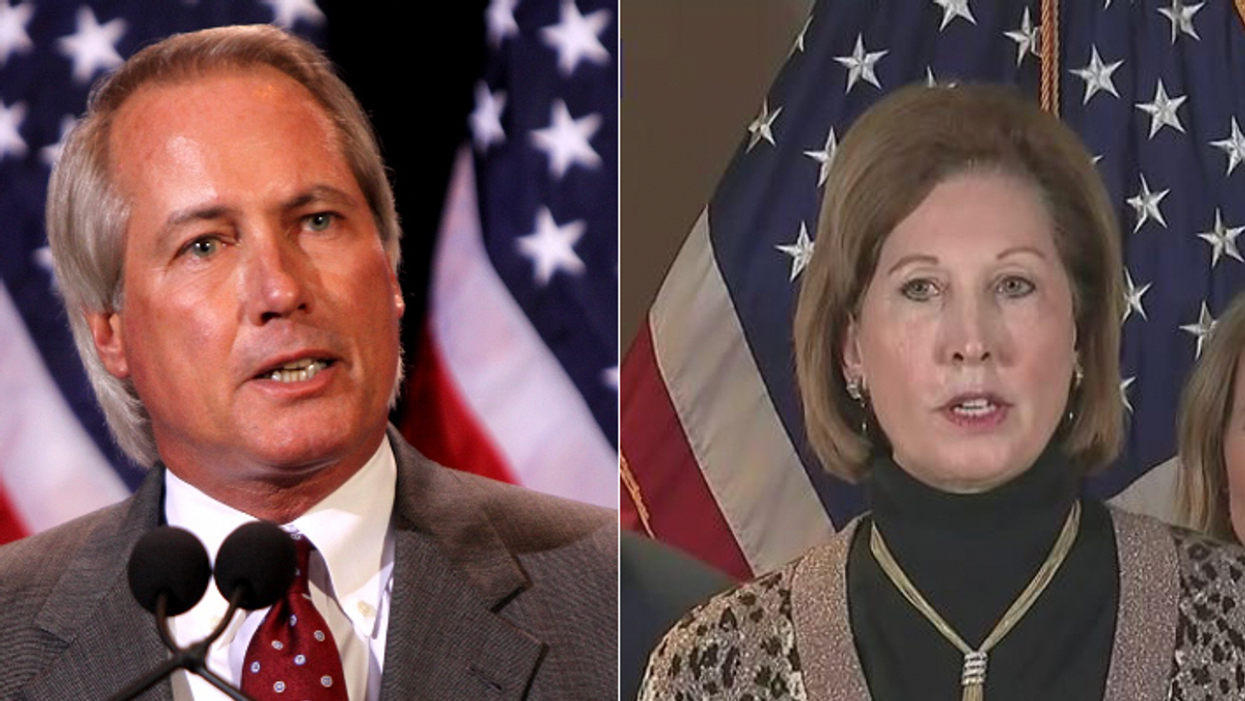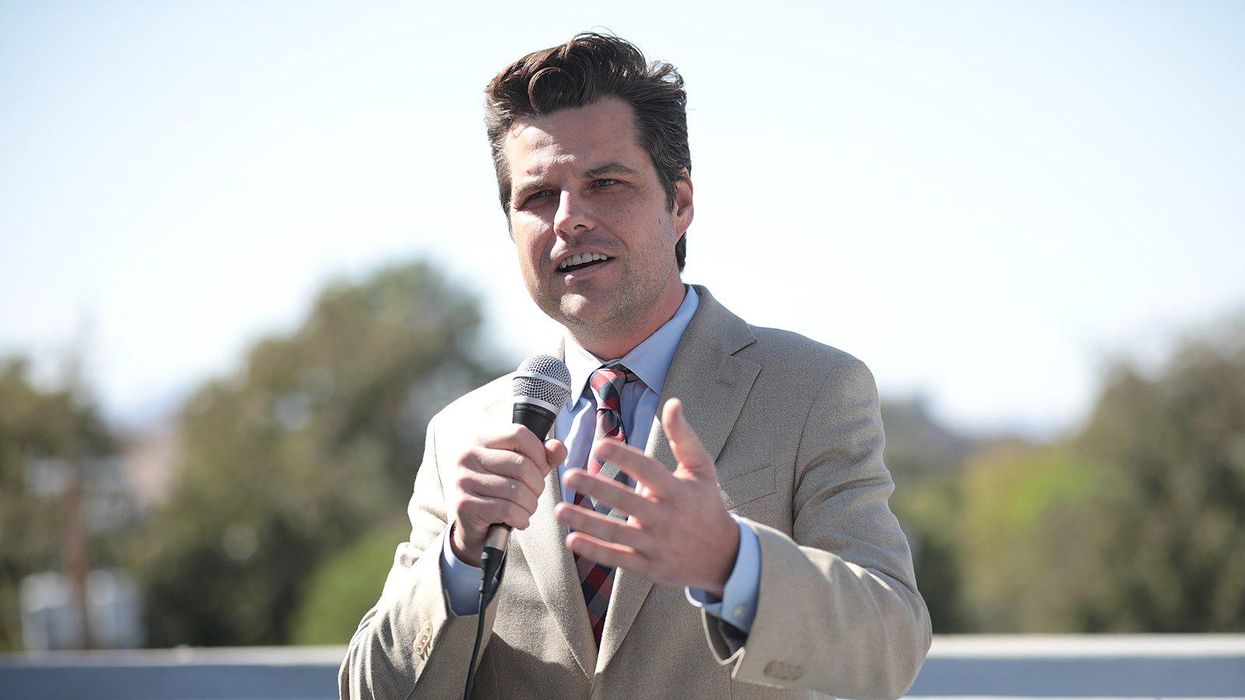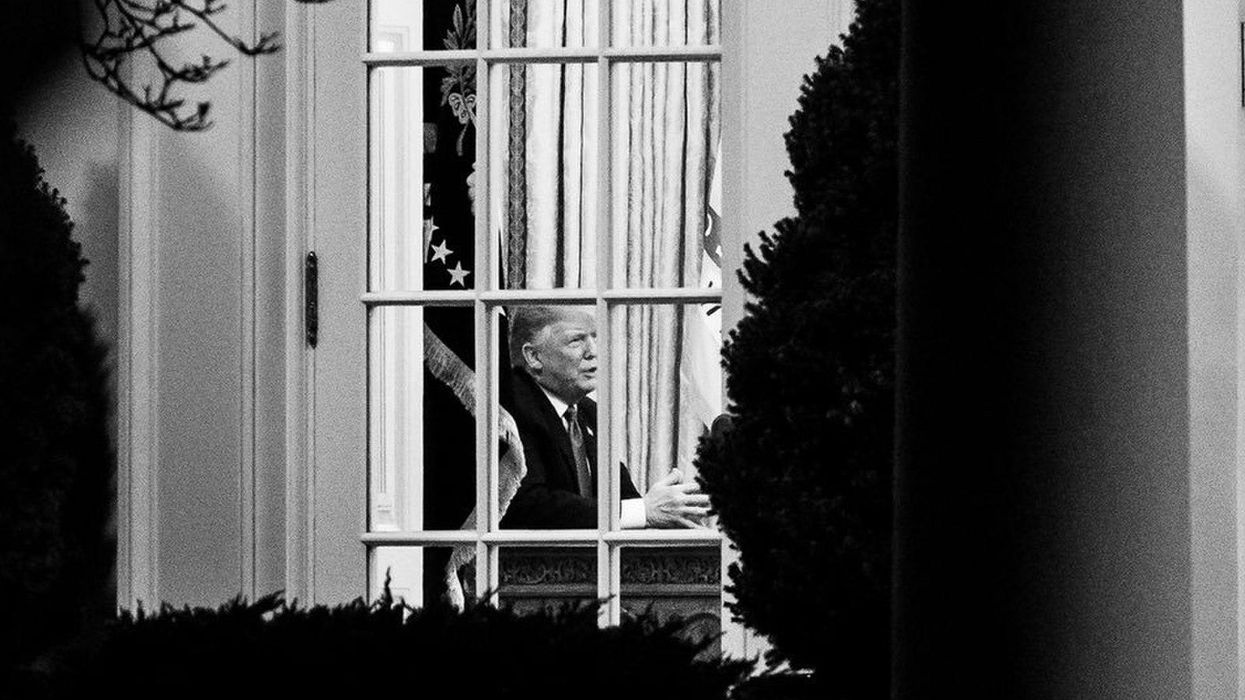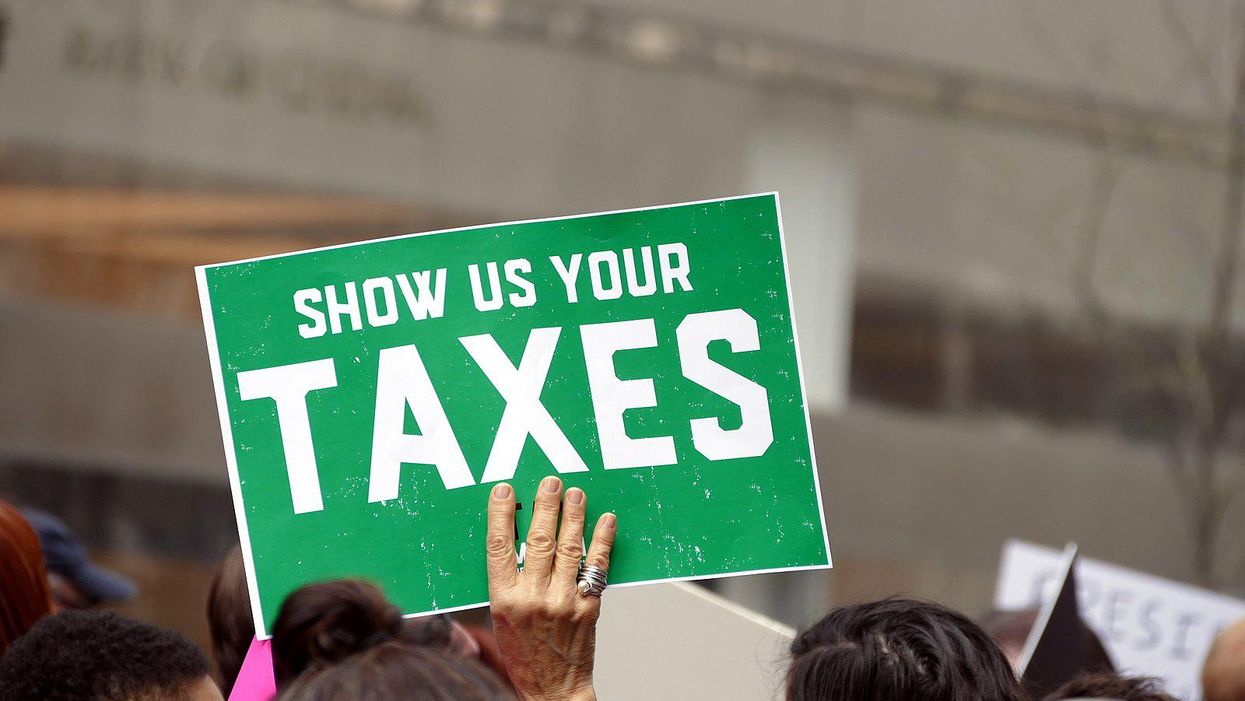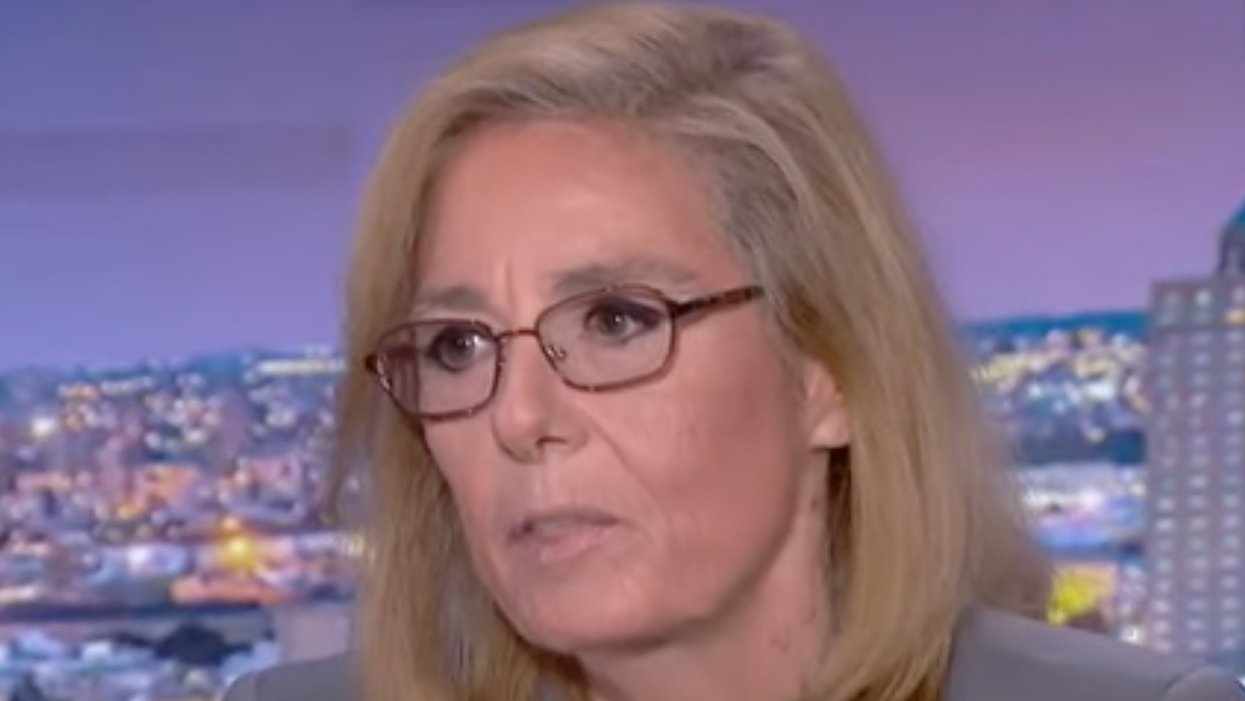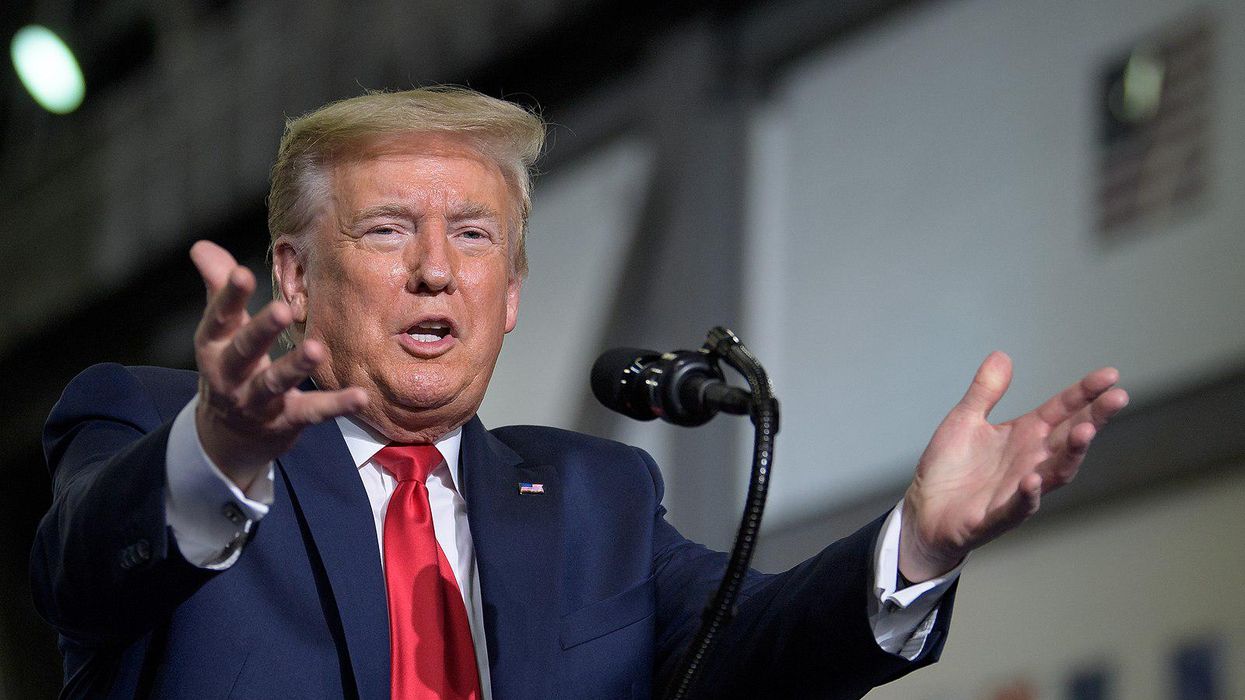Reprinted with permission from AlterNet
Top military leaders appeared before the Senate Armed Services Committee on Tuesday, taking questions from lawmakers about, among other topics, President Joe Biden's withdrawal from Afghanistan. Biden has faced heavy criticism for the chaotic evacuation and has seen his approval numbers decline since it was carried out. But despite much of the media's framing and the Republicans' spin, Biden's actions and choices were largely vindicated by the day's testimony.
CNN, for one, didn't see it that way. It aired a segment Tuesday afternoon focusing on the fact that officials testified that they advised Biden to leave 2,500 troops in Afghanistan rather than pull out completely at the end of August, as he did. Host Jake Tapper said this contradicted Biden's remark in an ABC News interview that he hadn't acted against the generals' advice.
Since the withdrawal, many commentators in the media concluded that the chaos that resulted must be blamed on Biden. Backed by military hawks, many of whom helped launch the disastrous War on Terror in the first place, pundits grasped for concrete failures they could pin on Biden. CNN and Tapper seemed happy to latch on to this one: Biden didn't listen to the generals. And to make it worse, he lied about it.
Texas Republican Sen. Ted Cruz seized on this issue too:
But this framing of the hearing was superficial and misleading.
When Biden was asked by ABC News about reports about the generals advising him to leave troops in Afghanistan, he gave a defensive and admittedly confusing answer. At one point, he said he couldn't recall anyone giving him this advice. But he also said that the generals were "split" on the issue, directly implying that some of them had, in fact, given this advice. It was a squirrelly answer, to be sure, but it's not a major cover-up.
And the reality isn't a mystery at all. In fact, the central narrative of Biden's decision to pull out of Afghanistan was precisely that he was going against the mainstream views of the hawks in the national security community and the top military brass. Many argued that this was what made the decision bold and difficult for Biden, and it's why Presidents Donald Trump and Barack Obama before him were never able to leave the country, despite their stated desires to end such conflicts. Biden finally stood up to the generals.
After all, the general's advice to leave behind 2,500 troops wasn't a piece of tactical wisdom that Biden ignored. They were asking him to abandon his central policy objective on Afghanistan, which was to get out. They were also asking him to abandon the deal Trump had made in 2020 to finally leave the country.
For the media to latch on to this criticism is to give away the game so many of Biden's critics in the commentariat have played. It was a constant refrain from critics during the withdrawal that Biden's choice to leave — a highly popular position among voters — wasn't the problem; the problem was the way Biden did it. That argument completely collapses if one takes the position that the thing Biden could have done to withdraw better was not withdraw at all.
Indeed, despite the fact that so many of Biden's critics were desperate to say he botched a withdrawal that, in theory, could have been run properly, Chairman of the Joint Chiefs of Staff Mark Milley gave testimony completely contradicting this view.
"From an operational and tactical standpoint, [the evacuation] was successful. Strategically, the war was lost. The enemy is in Kabul," Milley said. "It was a logistical success but a strategic failure."
This is precisely what many in the media and the GOP refuse to acknowledge. The evacuation actually went off remarkably well, given the conditions it was carried out under. The military didn't expect the Afghan government to collapse as quickly as it did, but once it fell, the U.S. implemented a high-stakes plan to evacuate more than 100,000 people from a hostile country with impressive agility.
The strategic failure, such as it is, also isn't Biden's. It was a failure of the war itself, which began 20 years ago. But that fault doesn't lay with the Biden presidency. He came in with the Trump administration's agreement to leave the country already in place and with an American people who were ready to see the war end. And under his leadership, the military carried out a successful evacuation from a dismal situation.
Milley even admitted that, had the president followed his and others' advice to leave in 2,500 troops, the Afghan government wouldn't have been able to sustain itself when U.S. forces withdrew.
"The end-state probably would've been the same, no matter when you did it," he said.
And Defense Secretary Lloyd Austin admitted that, had the U.S. stayed behind past August, it would have reignited the war and required more troops to be sent in:
These facts effectively demolish the mainstream criticisms of Biden on Afghanistan. The evacuation was a logistical success. The main alternative Biden was presented with by the generals was leaving 2,500 troops behind. That would've reignited war with the Taliban, required more troops, and it wouldn't have fortified the Afghan government to better resist the Taliban in the future. It would've just been kicking the can down the road, and whenever the U.S. finally decided to pull out for real, the "end-state probably would've been the same."
But Biden's critics refuse to learn these lessons, even when they're presented under oath.
There is one major criticism of Biden on Afghanistan that does have merit, though, but Republicans and members of the media rarely raise it. He was much too slow in issuing Special Immigrant Visas that were already in the pipeline for Afghans who had helped the U.S. military and wanted to leave. And he should've made it much easier for refugees of all kinds to leave the country and come to the United States. Biden was far more permissive of accepting Afghan immigrants than the Trump administration was, but not nearly to the extent demanded by the circumstances and justice.
That's a very different story from the one we're hearing. But it's what the public should know.

